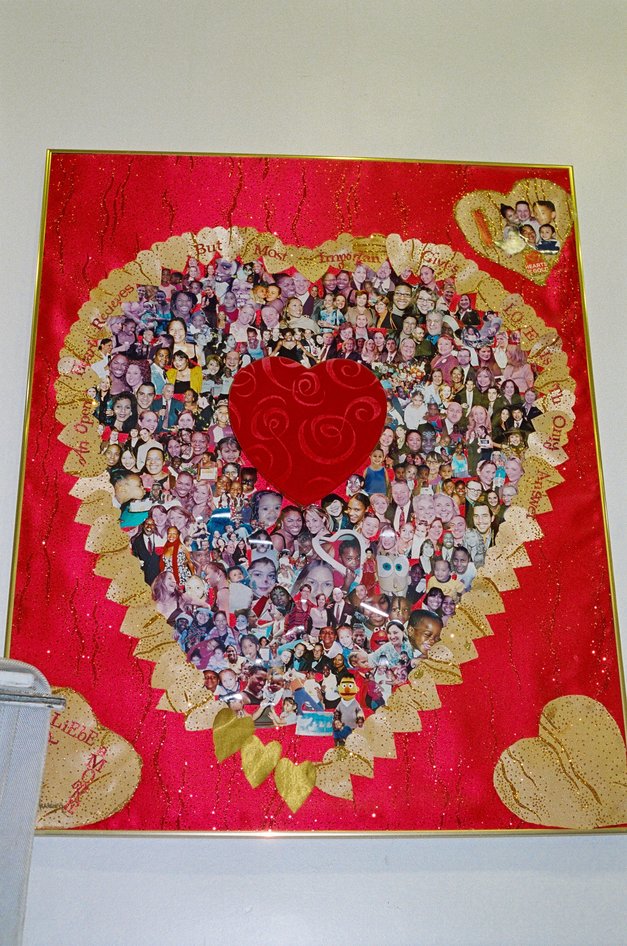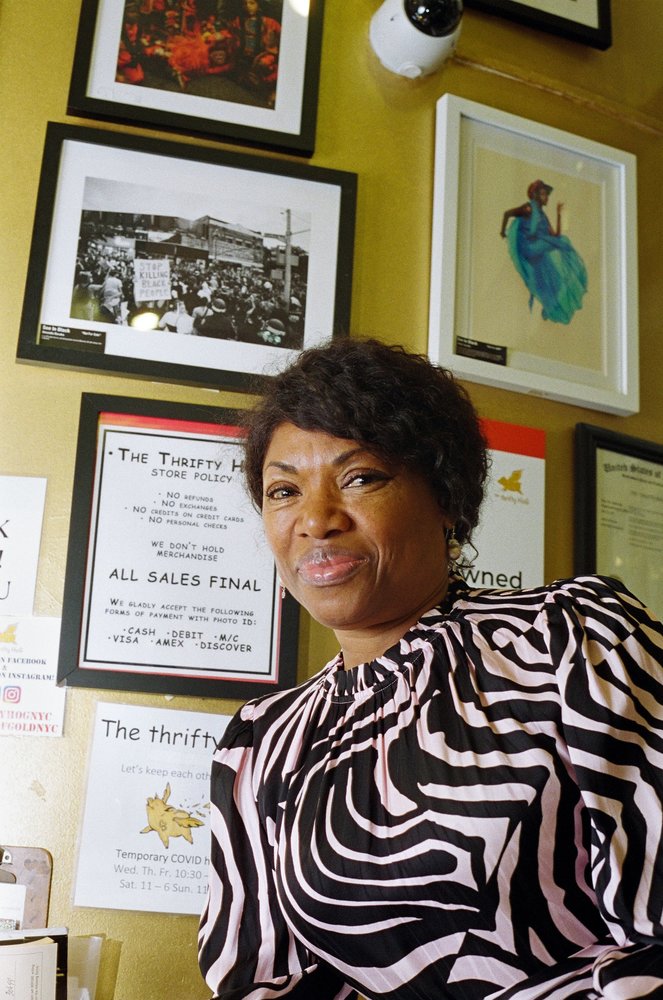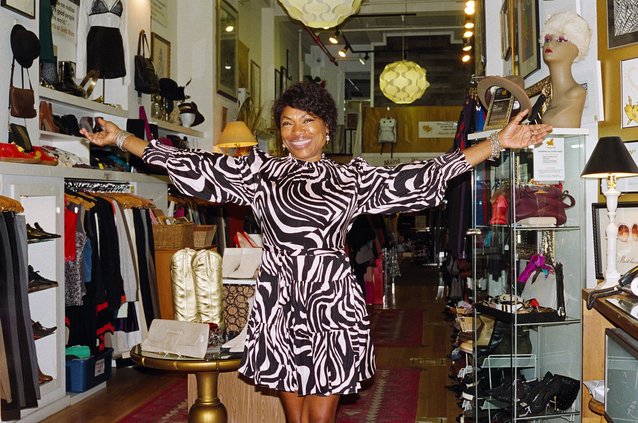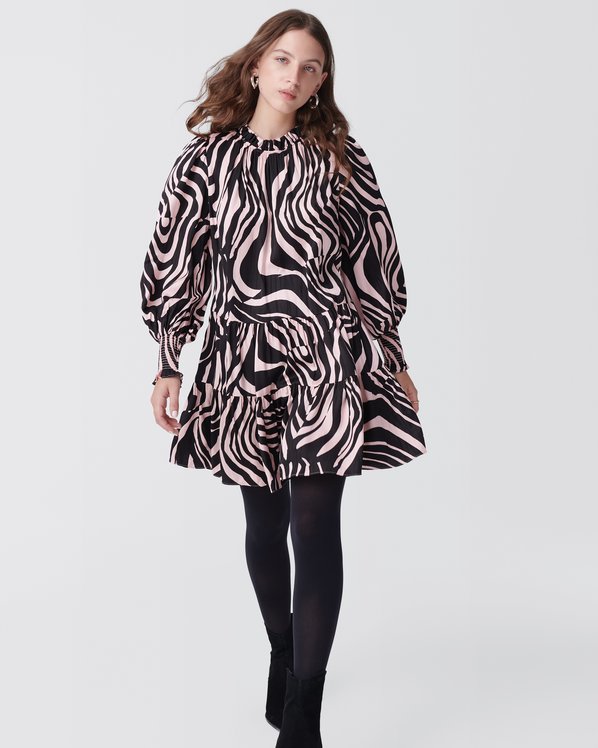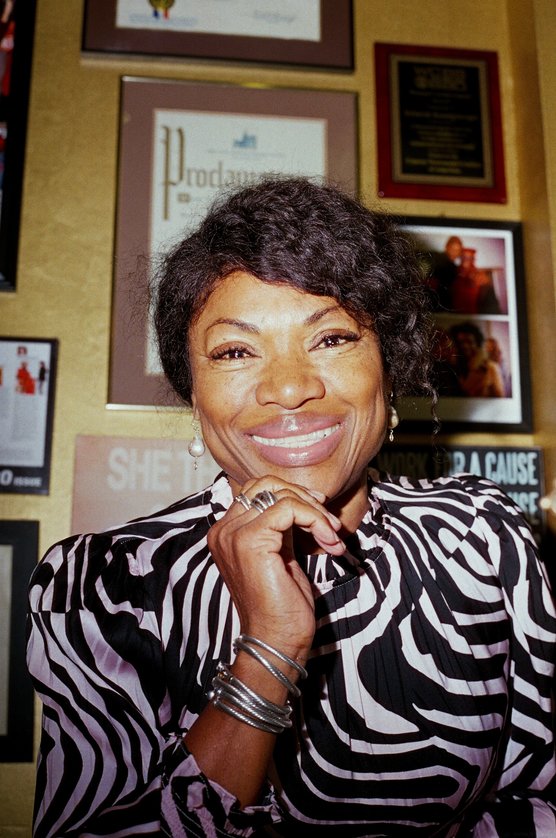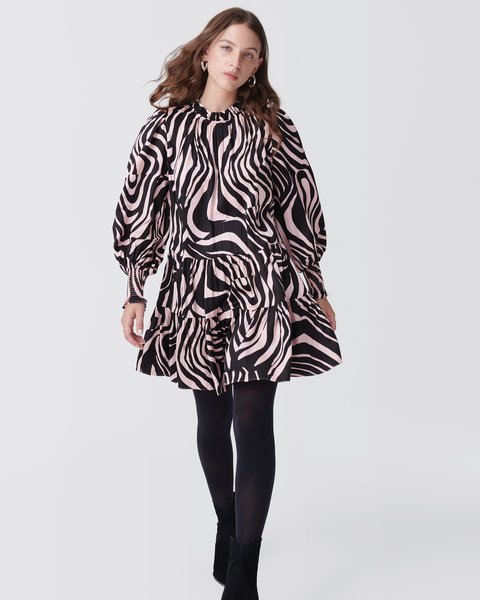DVF Woman Deborah Koenigsberger
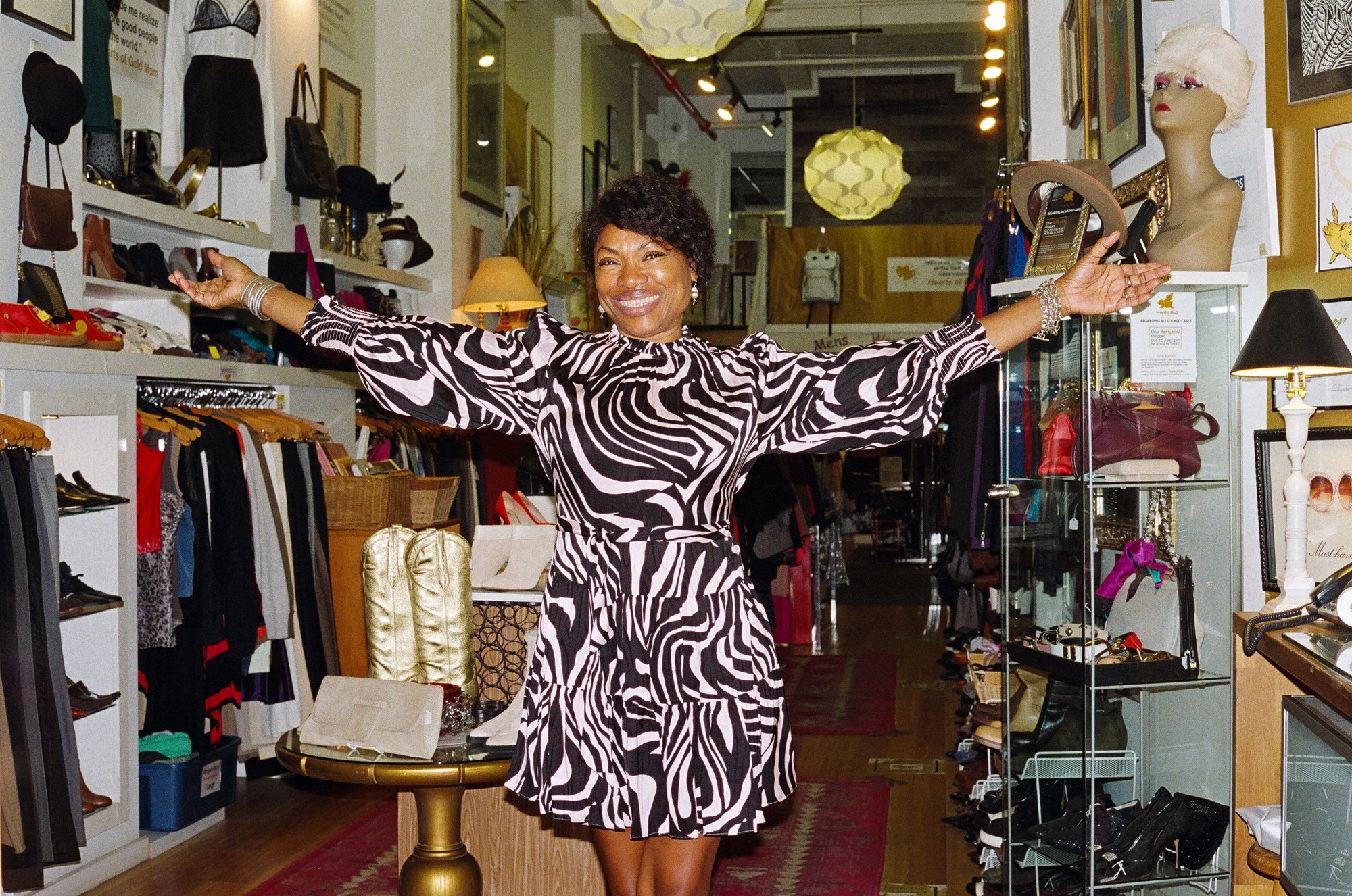
Deborah Koenigsberger
Not only does Deborah Koenigsberger do many things, but she runs them too. When she's not InCharge at her Manhattan boutique Noir et Blanc, she's running Hearts of Gold, the organization she founded to help women and their children transition out of New York's city shelters.
Raised with what she calls, "Service in her DNA," Deborah has been destined for non-profit leadership. In 2010, she combined her passion for service with over thirty years of fashion experience to open The Thrifty HoG. Today, this resale boutique is not only a source of income for Hearts of Gold, but a place where the women the organization supports can be trained and employed.
InCharge Q's with Deborah Koenigsberger
Not only does Deborah Koenigsberger do many things, but she runs them too. When she's not InCharge at her Manhattan boutique Noir et Blanc, she's running Hearts of Gold, the organization she founded to help women and their children transition out of New York's city shelters.
Raised with what she calls, "Service in her DNA," Deborah has been destined for non-profit leadership. In 2010, she combined her passion for service with over thirty years of fashion experience to open The Thrifty HoG. Today, this resale boutique is not only a source of income for Hearts of Gold, but a place where the women the organization supports can be trained and employed.
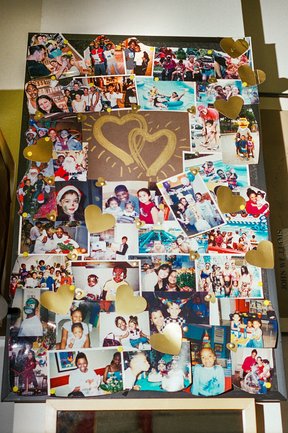
Q: What makes you feel InCharge?
A: I feel most in charge when I look around my stores and see things are running smoothly, and that my staff is on point and having a good time, all while getting the job done. Though the responsibility is enormous - I'm ultimately in charge of delivering on our mission of helping homeless moms and their children get a fresh start and for making sure I am able to sign those paychecks every payday - I wouldn't change it for anything.
Q: How did Hearts of Gold begin, and how would you describe its mission?
A: Stevie Wonder's song "Take The Time Out" inspired me to start the work of Hearts of Gold. After attending seven nights of his Conversation Peace concert tour at Radio City Music Hall in 1994, and hearing that song every night, I knew I had to act. Shortly after that, I met a young woman and her 3 year old daughter who were sleeping in the then very run down, unsafe, dilapidated Madison Square Park. She had fled domestic violence, was molested in a shelter and decided to "take her chances" in the streets. After interacting with her over a short period, she disappeared one day and I never saw her again. But she never really "left" me. I see her and her daughter in every mom and child we help, and we resolve to help as many of them as we can in her honor.
“If I see you that way, with love, I must let your grief into my heart, your story into my heart, I must stand up for you when you’re in harm’s way. What happens when we see George Floyd as our brother, or Breonna as a sister, migrant children as our own sons and daughters—what would we risk?”
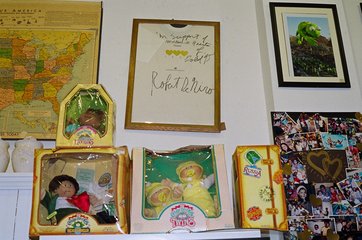
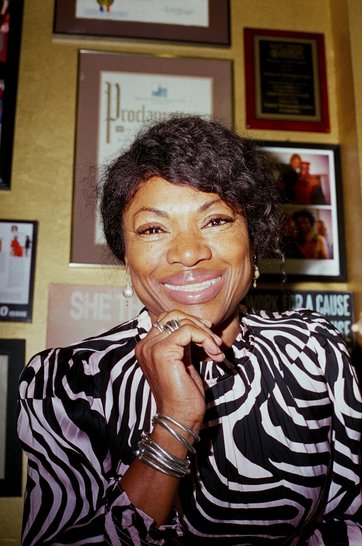
Q: When was the first time you felt a sense of community?
A: The first time I felt a sense of community was when I decided to do a fundraiser for the charity. I was astounded by the response of the local businesses. They turned out to help in such a major way. It was incredibly impactful and humbling.
Q: If you could dine with anyone living or dead, who would it be and why?
A: Without a second thought, Stevie Wonder. Although I've actually had the good fortune of meeting him before, I would love to sit with him and just tell him how much his music has changed my life and the lives of every single human I've been able to inspire with his words. Stevie is a messenger of justice, hope, love, humanity and brotherhood. All who know his work know this to be true. He is an exceptional being.
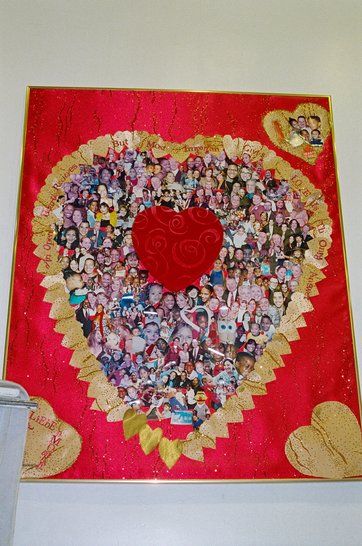
Q: Is there any tradition or ritual that you enjoy?
A: Every evening when I get home, I kick off my shoes at the door. So begins the ritual of "taking the day off". My husband is typically already home so while I am preparing my dinner, which he helps me to do, we catch up as I eat, then we watch some of our favorite pre-recorded TV shows. This all just brings the day completely down before I go to sleep.
Q: What is a piece of advice you've received that you'd like to pass on to other women?
Trust yourself. Trust your instincts and if you don't know something, don't ever be afraid to just ask for help.
To learn more about Hearts of Gold follow their Instagram, or visit their website for project updates
To see more of photographer Wes Knoll's work, head to his Instagram.
This idea of summoning ancestors is more accessible than one would think. Valarie channels the energy of her grandfather, a biological ancestor, but she also sits at the feet of Black thinkers like Dr. King, James Baldwin, Audre Lorde, and bell hooks.
This idea of summoning ancestors is more accessible than one would think. Valarie channels the energy of her grandfather, a biological ancestor, but she also sits at the feet of Black thinkers like Dr. King, James Baldwin, Audre Lorde, and bell hooks.
InCharge Q's with Deborah Koenigsberger
Q: What makes you feel InCharge?
A: I feel most in charge when I look around my stores and see things are running smoothly, and that my staff is on point and having a good time, all while getting the job done. Though the responsibility is enormous - I'm ultimately in charge of delivering on our mission of helping homeless moms and their children get a fresh start and for making sure I am able to sign those paychecks every payday - I wouldn't change it for anything.
Q: How did Hearts of Gold begin, and how would you describe its mission?
A: Stevie Wonder song "Take The Time Out" inspired me to start the work of Hearts of Gold. After attending seven nights of his Conversation Peace concert tour at Radio City Music Hall in 1994, and hearing that song every night, I knew I had to act. Shortly after that, I met a young woman and her 3 year old daughter who were sleeping in the then very run down, unsafe, dilapidated Madison Square Park. She had fled domestic violence, was molested in a shelter and decided to "take her chances" in the streets. After interacting with her over a short period, she disappeared one day and I never saw her again. But she never really "left" me. I see her and her daughter in every mom and child we help, and we resolve to help as many of them as we can in her honor.
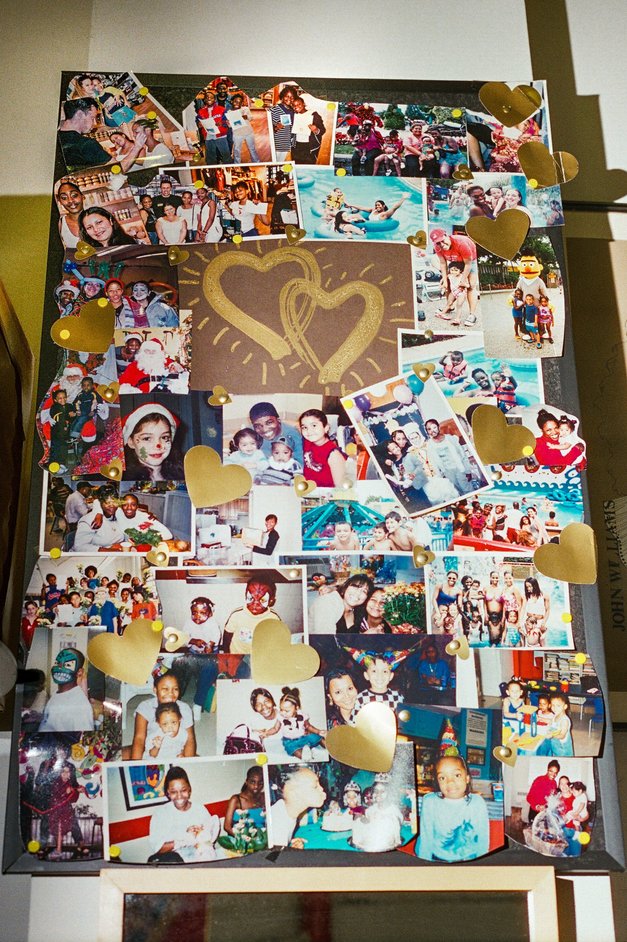
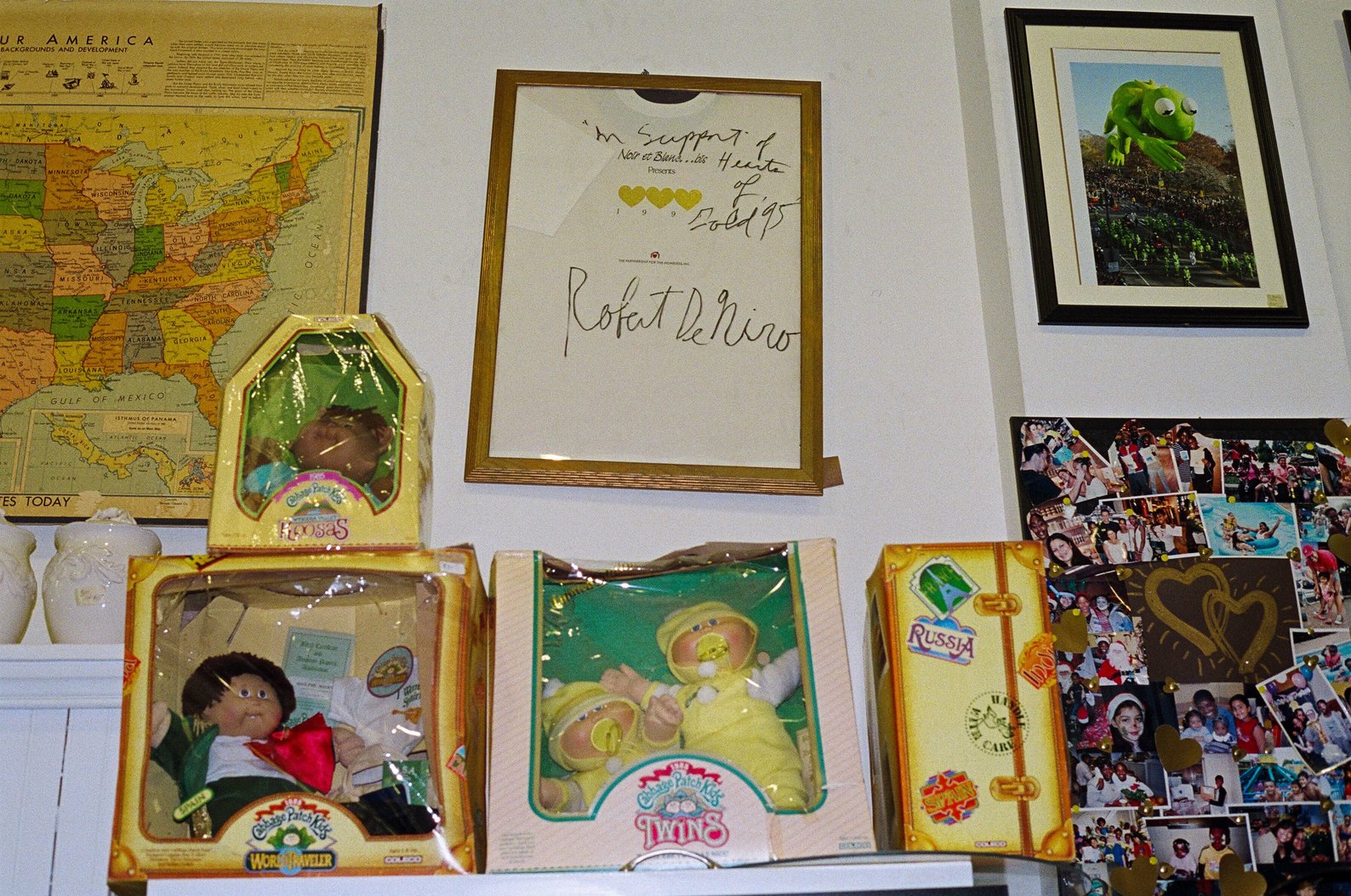
Q: Do you remember the first time you felt a sense of community?
A: The first time I felt a sense of community was when I decided to do a fundraiser for the charity. I was astounded by the response of the local businesses. They turned out to help in such a major way. It was incredibly impactful and humbling.
Q: If you could dine with anyone, living or dead, who would it be, and why?
A: Without a second thought, Stevie Wonder. Although I've actually had the good fortune of meeting him before, I would love to sit with him and just tell him how much his music has changed my life and the lives of every single human I've been able to inspire with his words. Stevie is a messenger of justice, hope, love, humanity and brotherhood. All who know his work know this to be true. He is an exceptional being.
Q: What is a ritual or habit that you practice?
A: Every evening when I get home, I kick off my shoes at the door. So begins the ritual of "taking the day off". My husband is typically already home so while I am preparing my dinner, which he helps me to do, we catch up as I eat, then we watch some of our favorite pre-recorded TV shows. This all just brings the day completely down before I go to sleep.
Q: What is a piece of advice you've recieved that you'd want to pass on to other women?
Trust yourself. Trust your instincts and if you don't know something, don't ever be afraid to just ask for help.
